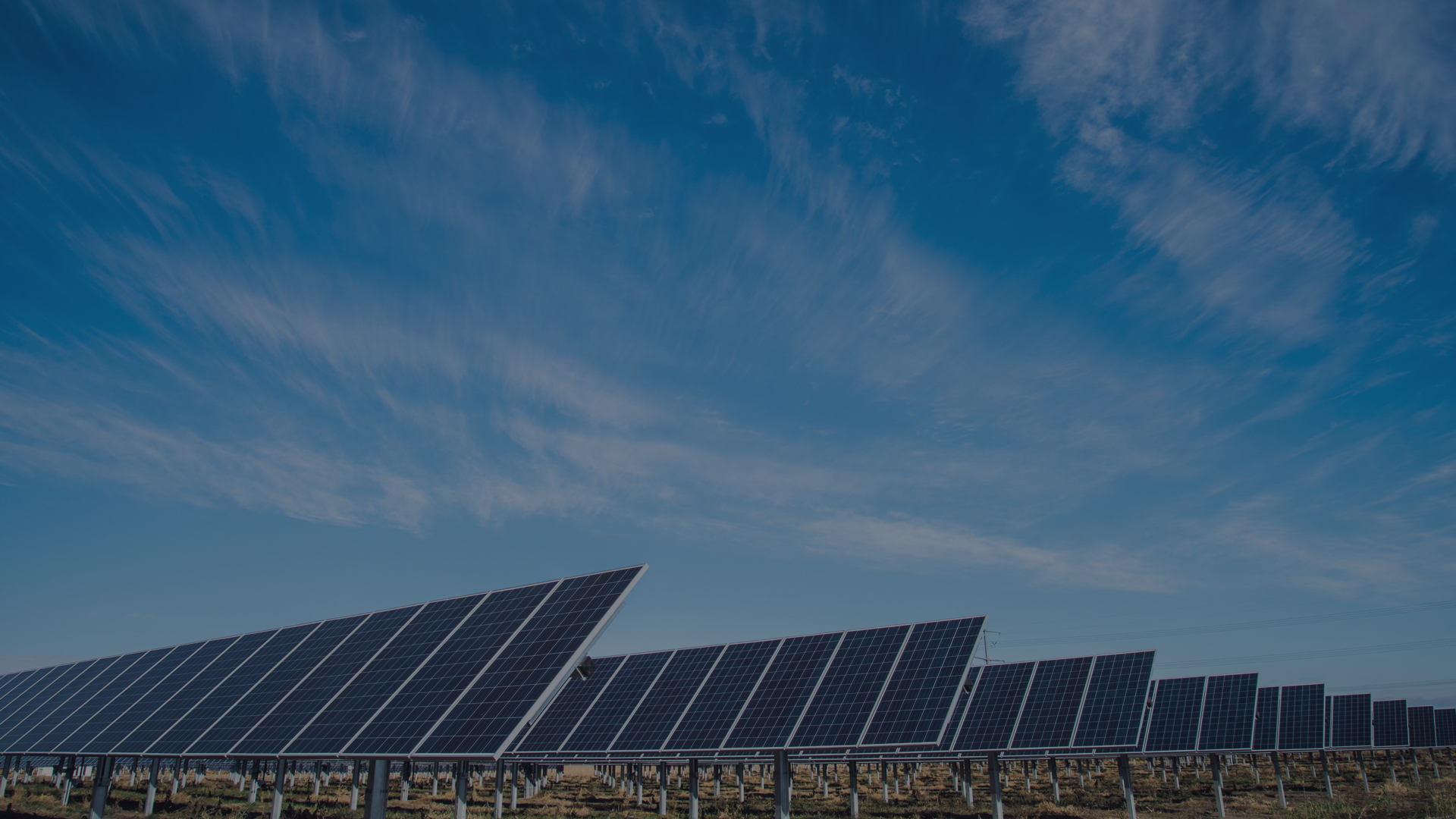Following the revelation last week from Ofgem that the Department of Energy and Climate Change (DECC) is set to shorten the rates for the feed in tariff (FiT), a factsheet has been released to clear up any confusion that UK industries might have.
Confusion was caused following the announcement that the summer solar FiT rate would be two rather than three months, meaning that the UK solar industry would have one less month of tariff stability for any installation greater than 50kW. The rates are now set to automatically degress after July 1st, with the original date set for August 1st.
The DECC has now moved to explain its decision, following the Solar Trade Association’s grievances with the matter being voiced towards the government department. In response the FiTs Factsheet has been released.
In addition to this, the factsheet also looks at how FiT figures are linked with both the Retail Price Index (RPI) and the calculation of the export tariff.
The news of the change in tariff rates comes just as it seemed that the solar industry’s relationship with the DECC was repairing, following issues with the FiT last year. The rates of return had started to become unstable, which subsequently caused a number of consumers to reject the idea of adding solar panels to a home or business property.
However, since the stabilisation and the reopening of communication channels and an increases in trust, the relationship was seemingly on the mend.
Hopefully, the news won’t put off consumers this time around, as the rates on return are still favourable. The current issue is with the unexpected rise a month earlier than what was previously assumed. The DECC has moved the date forward in order to align the degression policies on both PV and non-PV installations.
The two month period of degression will only be two thirds of the normal degression trigger level. After this occurs, the future degression periods will be the first of the month for July, October, January and April each year for solar panel installations.
The Factsheet can be viewed here.
